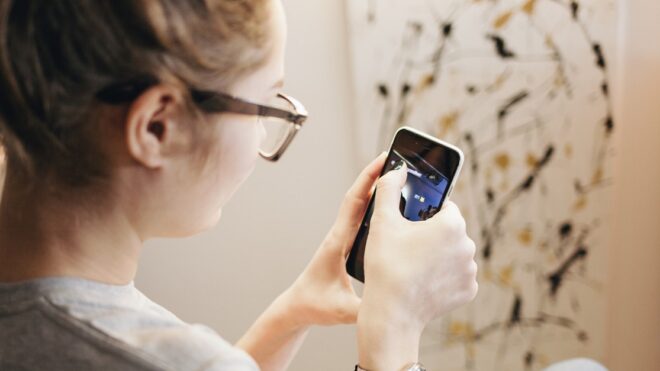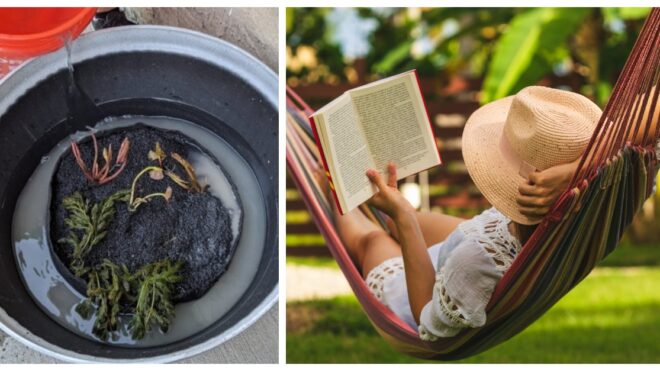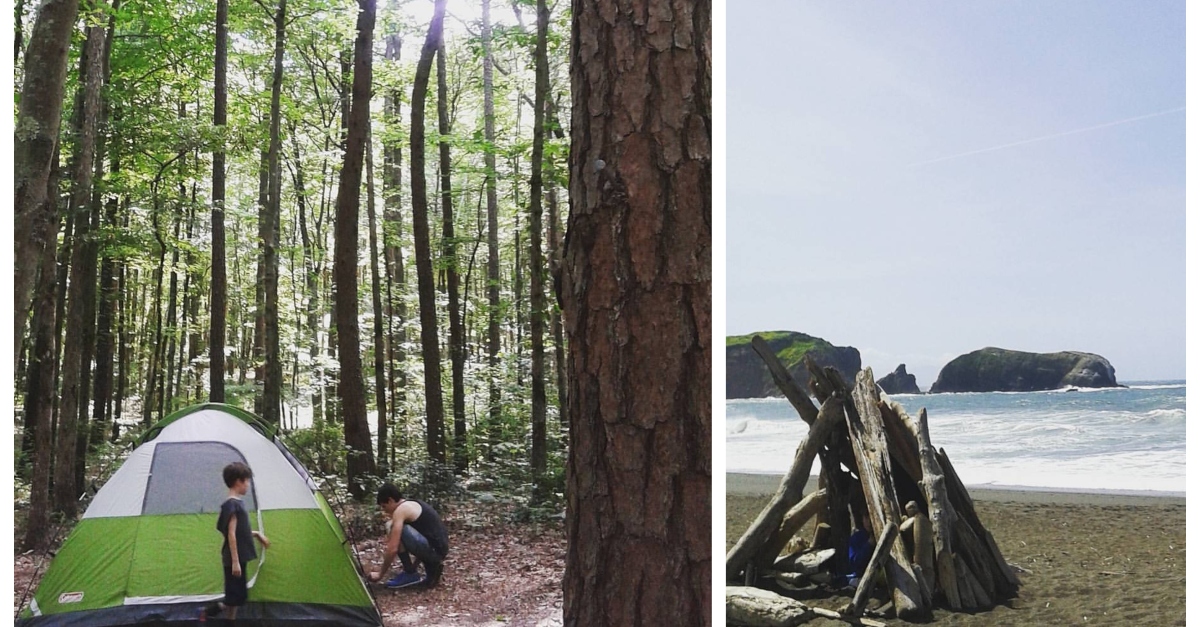
For the longest time, camping was an activity that I just did not participate in. To be honest, I didn't really get what was especially appealing about sleeping on a mat that's on the ground, inside what is essentially a mesh bag, while praying you don't have to pee in the middle of the night lest you encounter a swarm of bugs or something worse, like a bear. If requested, I would usually concede and go camping when it came up, but always at a campsite inside a park that has showers and bathrooms, and one that was preferably near a grocery store. No rugged outdoors for me, thanks.
All of this started to change as my son began more forcefully expressing more of his own interests as a 4- and 5-year-old. He's always been particularly fond of nature and of being outside, and it started to become clear that he thrived in activities that went beyond a standard outdoor experience. I was surprised to discover that I liked sitting down and coming up with ideas for newer and bolder outdoor adventures to take him on, and even more surprised to discover that I didn't hate going on those adventures. Well, not all of them.
But the first time it was suggested that we all load up and go primitive camping — essentially camping with as few amenities and comforts as possible — I balked. I'm not super glam, but the idea of being in the woods, digging holes for toilets, and not washing my hair for three days felt decidedly like something I preferred to avoid at all costs.
What Is Primitive Camping?
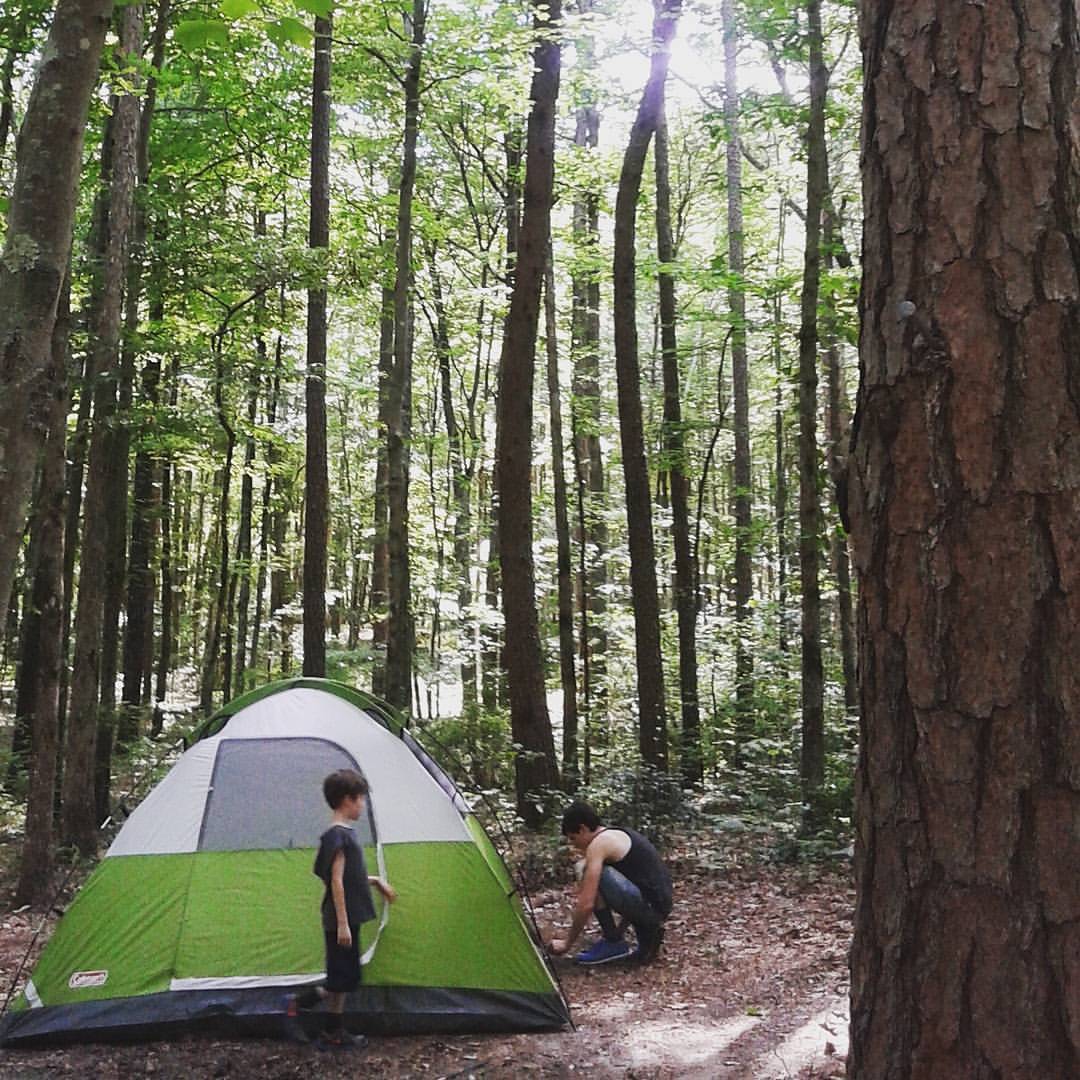
As mentioned, primitive camping is when you go out to camp somewhere without any of the amenities you'd usually have at a campground. In our experience, we have often gone primitive camping at national parks and forests (where it's usually free, or you buy a permit that's typically no more than $30) and state parks and forests (same). You can bring whatever you want with you, but keep in mind that a lot of primitive camping spots are hike-in, which means you could be walking with everything you bring for a few miles.
Traditionally, primitive campers also adopt a "leave no trace" mentality. Since you can't assume there will be places to dispose of garbage nearby (hint: there won't be), it's really important that you commit to leaving the spot where you camp in the same condition that you found it. You need to be able to take out any trash that you produce.
What You Don't Have When You Go Primitive Camping
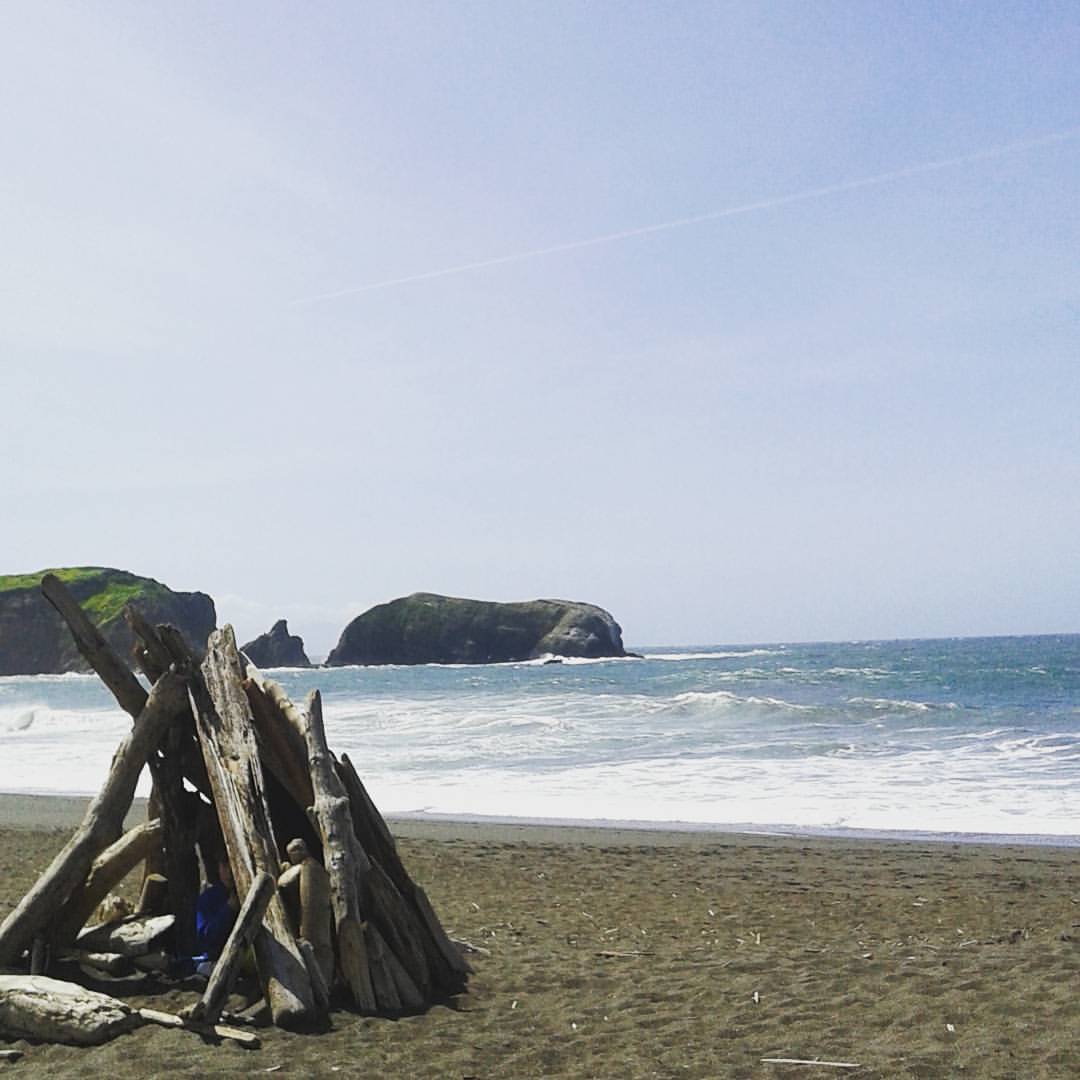
If you're used to parking at a site in a campground and having neighbors (and toilets) nearby, you might be surprised by what you won't find when you go primitive camping — namely those neighbors and toilets. While you might totally encounter other people in the vicinity of your site, primitive camping isn't for everyone, and that usually means hardly anyone is around. Here are a few other things you probably won't have available to you unless you bring it in:
- Toilet
- Running water
- Electricity
- First-aid supplies
- Cell service
- Fire pit
- Anywhere to cook
What You Do Have When You Go Primitive Camping
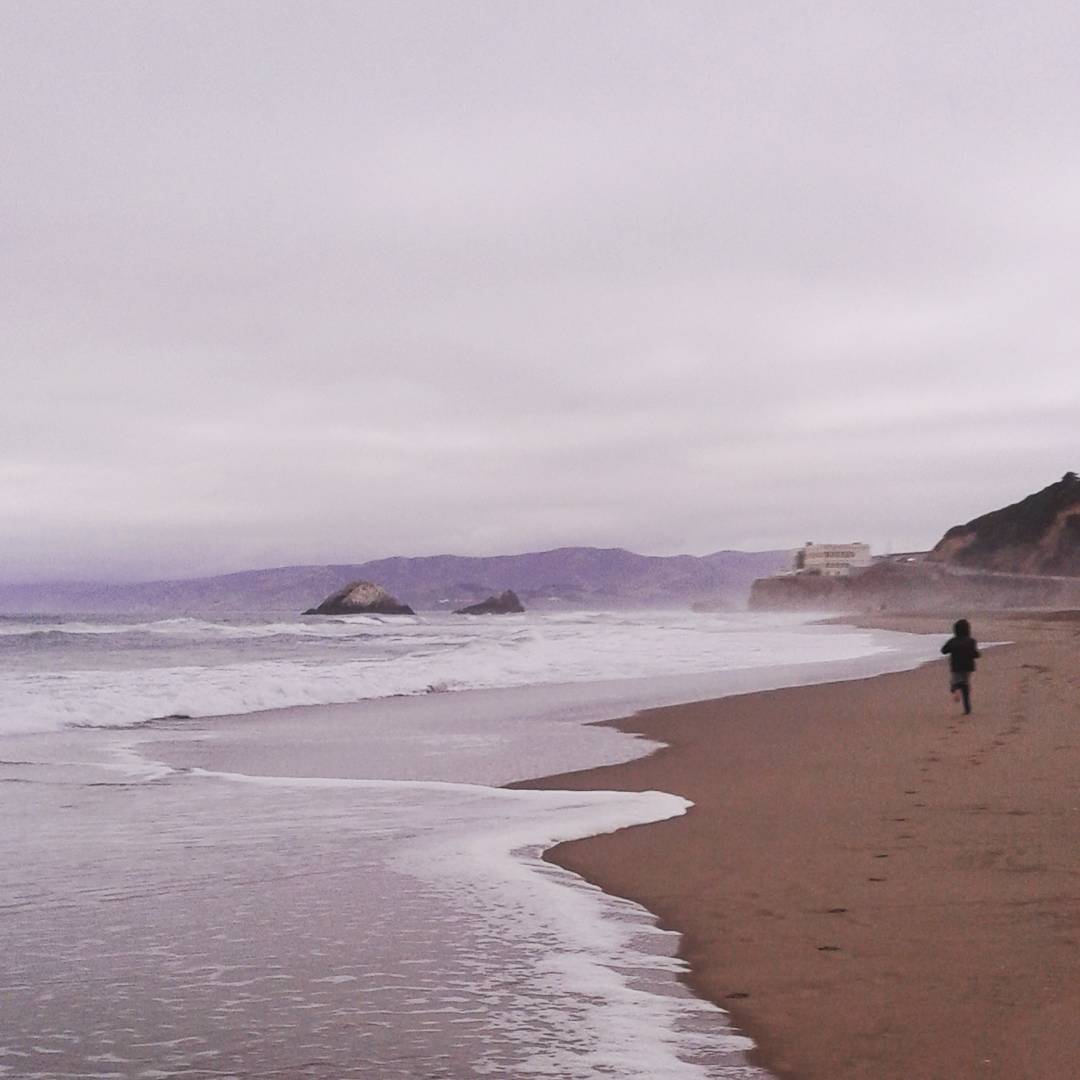
By far, my favorite thing about primitive camping is how extra quiet it is while you're sleeping. I can fall asleep just about anywhere, and I have always loved it when we've been camping somewhere truly remote. One of my all-time favorite camping experiences was near the base of Mount St. Helens in Washington — it's so stupendously silent at night, and during the right time of the year, the stars are unreal.
While you may not have amenities built into the primitive camping experience, you will get the opportunity to truly unplug and feel wild. If that's appealing, keep reading.
Also, if you've made it this far and you're wondering how exactly the bathroom works when you're primitive camping, here's what you need to know. It's a good idea to designate an area as your bathroom spot, and to make sure that the area is a good distance away from where your food is and a good distance away from where you sleep (and those two places should not be super close to one another, either). You'll also want to make sure that your waste won't run off into a water source. After that, it's pretty straightforward: One type of bodily waste will be absorbed into the ground, and the other can be buried in a hole.
What To Bring When You Go Primitive Camping
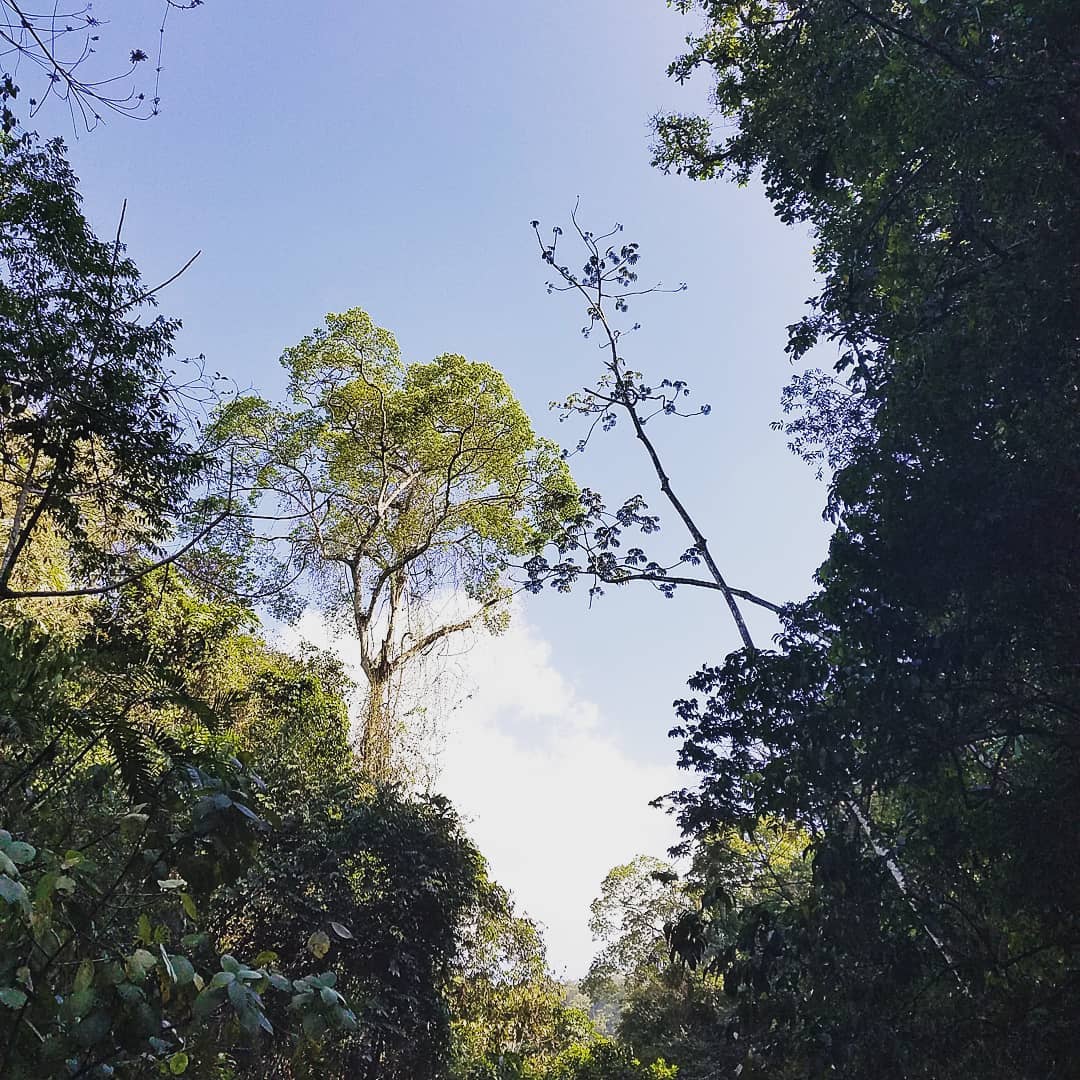
What's nice about primitive camping is that you can make yourself as comfortable (or not) as you want to be. If you want an air mattress in your tent, bring it (just be prepared to have to carry it). If you want hot water and hot food, buy a little camping stove. But in general, here are the things I would recommend bringing at a minimum:
- Tent or hammock
- Sleeping bag (or blankets)
- Extra layer of clothing in case it gets cold at night
- Food
- Toilet paper
- Bags to dispose of waste in
- Lots of water
And personally, by now we usually also bring:
- Cooler with ice
- Camping stove
- Pan or pot to cook in and a spatula
- Basic groceries (eggs, cheese, juice, water, bread, and so on)
If you’re bringing food in with you, make sure that you keep the food and whatever you store it in located in a spot that’s not right by where you sleep. We usually keep our cooler in our car, and we lock the doors at night. You’d be amazed at what bears and other forest creatures can get into!
Other Tips for Making Primitive Camping Comfortable for Non-campers
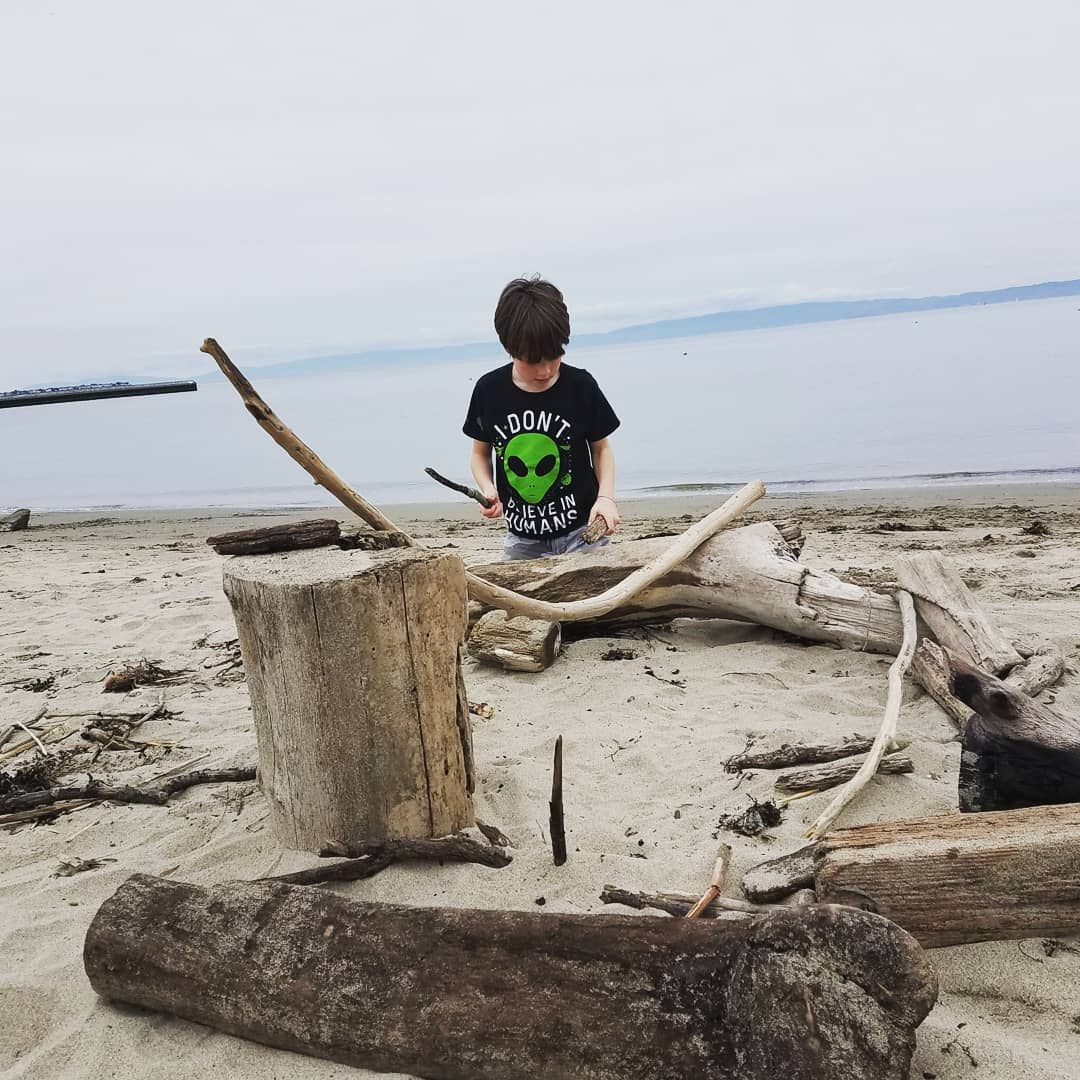
If you're thinking of going primitive camping, you should totally try it out! It's really a lot of fun. But if you, or someone in your family, is really into having a shower at least once a day, there are still ways you can make it work. On our best trips, we end up camping in a national park or forest that isn't super far away from a regular campground that has showers. You can typically buy a day pass for $5 to $10, which will allow you to enter the campground, take a shower, and even wash your dishes and your clothes. We usually do this on our longer camping trips, when we're more likely to have a ton of dusty and dirty clothing, and when I'm definitely going to want hot water.
But if you can't stay near a shower, here's another of my favorite tips — bring a regular, non-electric tea kettle and a small hand towel with you. In a pinch, you can absolutely heat up water in the kettle over a fire and use the towel to clean off your face and skin. And if you're camping near the ocean or a river, bring a bucket and use the water there to wash your hair. I know that roughing it is what camping is all about for a lot of people, but it doesn't have to be.
Special Tips for Taking Kids Primitive Camping
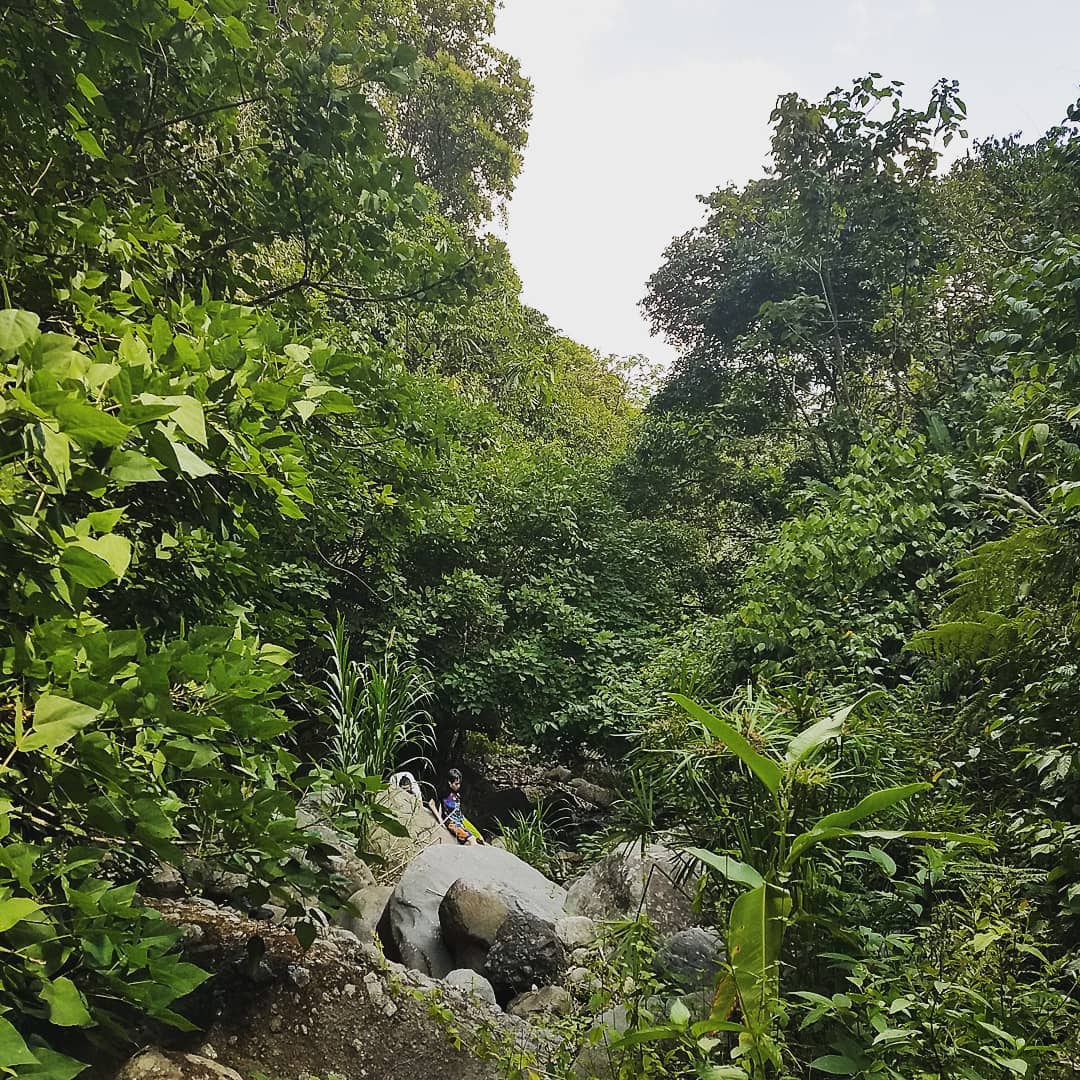
My absolute favorite thing about primitive camping is that it's super easy to take kids along with you. I think a lot of people worry that big, open space = more danger for little kids, but I've often found the opposite to be true. You can let your older children run around in the forest nearby (with whatever boundaries you put into place, of course) without worrying someone in a truck will go flying by, and your littlest children will probably delight in all the wondrous (and gross) creatures they'll find under rocks and logs.
Here are a few extra things you might want to bring along if you're camping with kids:
- A second tent
- Lots of individual water bottles, so everyone has their own that can be refilled
If you are camping with children under 2, you might want to consider packing a few extra things to make the journey a little easier:
- A pack-and-play or portable crib (FYI: this is only for people who are really concerned about their kid using a crib or having a separate sleeping place. A lot of people who camp with young children just co-sleep while camping)
- A baby carrier or wrap (you don’t need a hiking-specific one, but you might prefer it)


